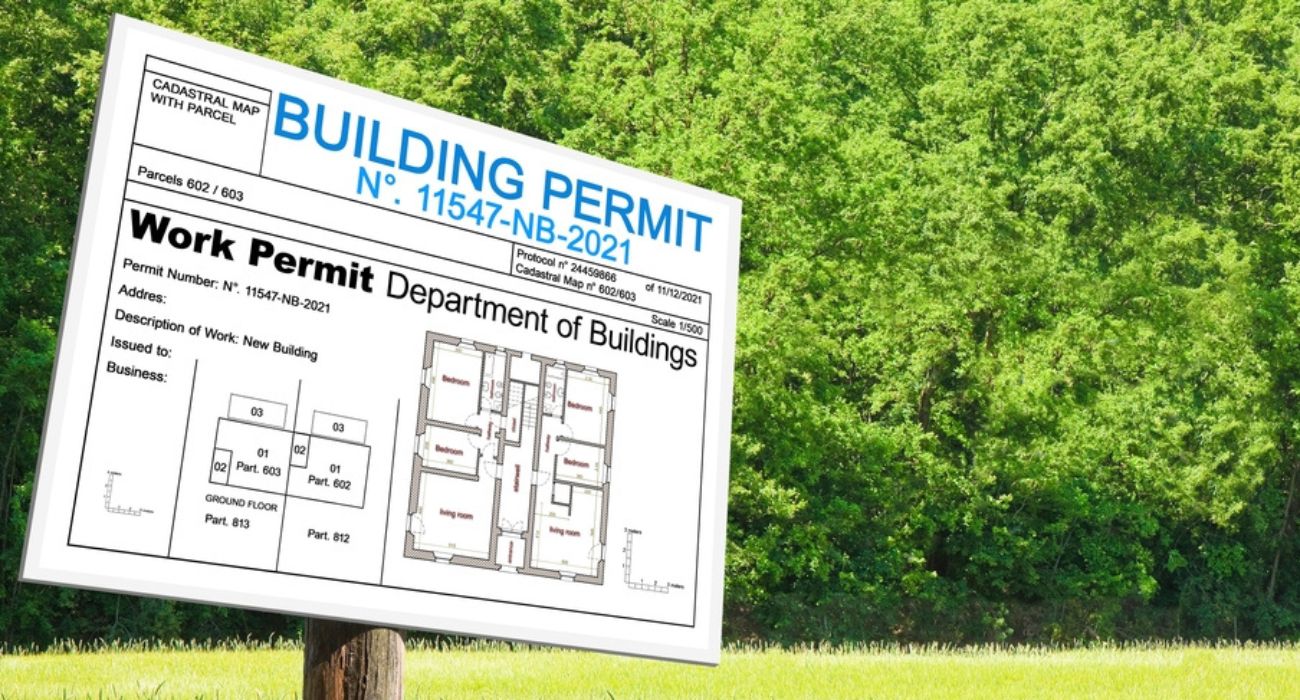The Task Force on Homelessness, Organizations, Policies, and Encampments said that Dallas needs to fast-track its permitting and zoning processes to help improve the effectiveness of its homelessness response efforts.
As previously reported by The Dallas Express, the Development Services Department (DSD) has been plagued by various inefficiencies and periodic permitting backlogs under the leadership of City Manager T.C. Broadnax.
Mayor Eric Johnson appointed the HOPE task force in February 2023 to investigate the state of homelessness in Dallas. The task force released its official report in June 2023 but only recently briefed the Housing and Homelessness Solutions Committee on its findings, as reported by DX.
The task force made several suggestions in its report regarding DSD. In addition to recommending all-around improvements at the department, one of the main suggestions was for DSD to simplify and streamline the zoning and permitting process in order to “expedite construction projects” and “encourage the creation of housing.”
During a committee briefing last Thursday, HOPE task force co-chairs Peter Brodsky, Ellen Magnis, and Betty Culbreath recommended that the City examine all its internal processes that may be encumbering efforts to address homelessness and vagrancy in Dallas, specifically zoning and permitting.
“The solution to homelessness is affordable housing,” said Magnis, president and CEO of Family Gateway, a Dallas-based nonprofit that serves families with kids affected by homelessness.
Dallas should “relax” certain zoning regulations in the private market like “minimum lot sizes” and fast-track “affordable housing” through its permitting process by “allowing more types of housing options,” Magnis told committee members during the briefing.
The basic idea behind the task force’s permitting and zoning recommendations is to accelerate the creation of low-income housing in order to decrease the number of people who remain homeless for 90 days or more.
The task force claimed that creating “deeply affordable housing” for Dallas’ homeless population while also providing them with the necessary resources to stay off the streets will ultimately help reduce the number of people who voluntarily remain homeless.
The task force defines “deeply affordable housing” (DAH) as “housing aiming to be affordable to people earning 0%-50% of AMI (area median income).”
For example, in Dallas, the AMI for a family of three is roughly $80,000 per year, whereas the AMI for a single person is about $62,000. Therefore, “DAH” would target families earning just half the city’s AMI. Using a rent calculation of 30%, a family of three would only pay $1,000 per month for rent, and a single person would pay around $780/month.
While the HOPE report claimed that recent actions over the last year and a half have helped improve some homeless trends in Dallas, the task force said more work is needed to truly address the homelessness problem in the city. In the end, streamlining the permitting process and relaxing zoning regulations are just two potential solutions that could help address the issue.
“We need to continue and scale up strategies that reduced unsheltered homelessness last year by 14% and reduced chronic homelessness by 32%, despite national trends,” said Sarah Kahn, Housing Forward’s interim CEO, in a statement to The Dallas Express. “This includes targeted outreach, rehousing assistance, and wrap-around behavioral healthcare for neighbors experiencing homelessness in encampments. Measures that accelerate [the] development of deeply affordable housing, such as the ones recommended by the HOPE Task Force, are also critical for preventing homelessness.”
Surveys indicate that Dallas residents are dissatisfied with the levels of homelessness, vagrancy, and panhandling throughout the city.
San Antonio, however, has made significant gains through a “one-stop-shop” model to address such issues. The nonprofit Haven for Hope provides various supportive services to support the homeless on a single campus. The “one-stop-shop” model has been credited with reducing unsheltered homelessness in the city’s downtown area by 77%.
In Dallas, local stakeholders are working to bring the “one-stop-shop” model of homeless services to Dallas after it polled favorably among city residents. However, whether the City of Dallas will support this effort remains to be seen.






